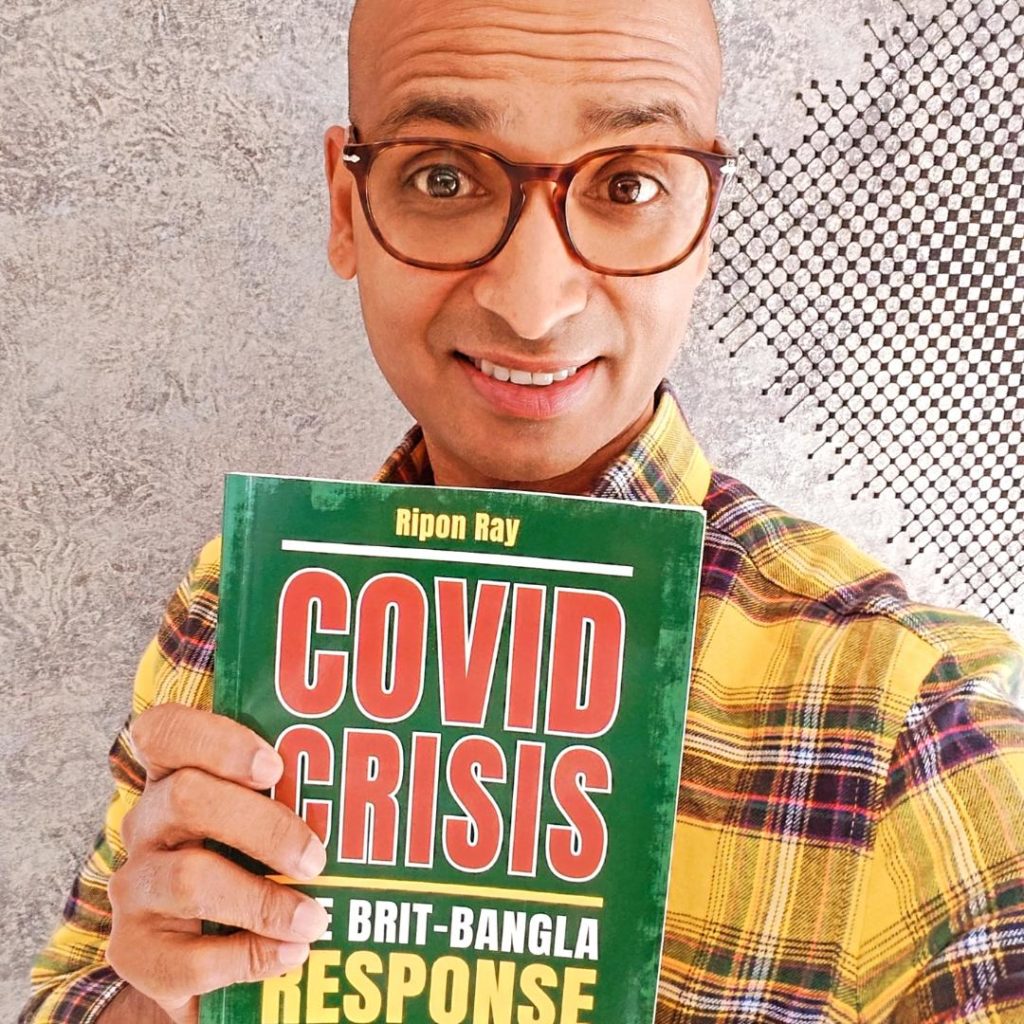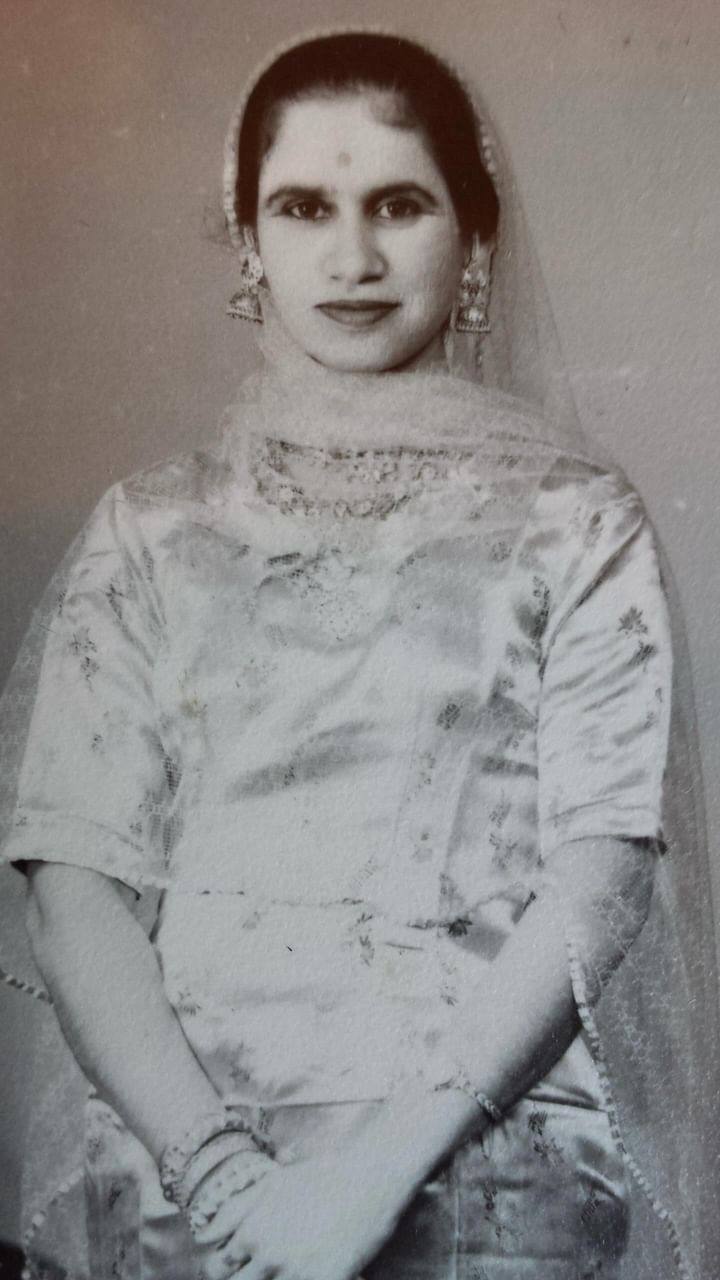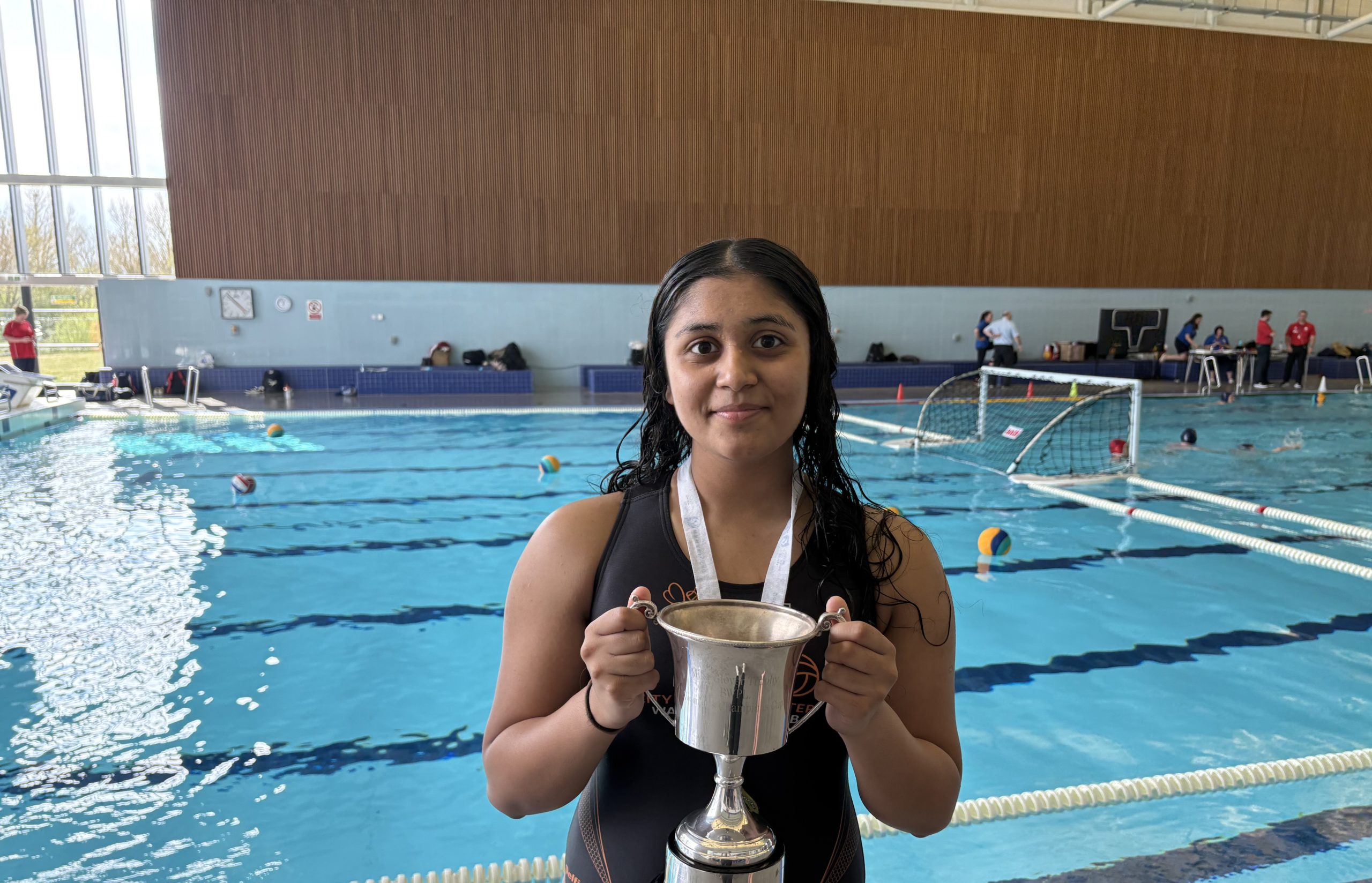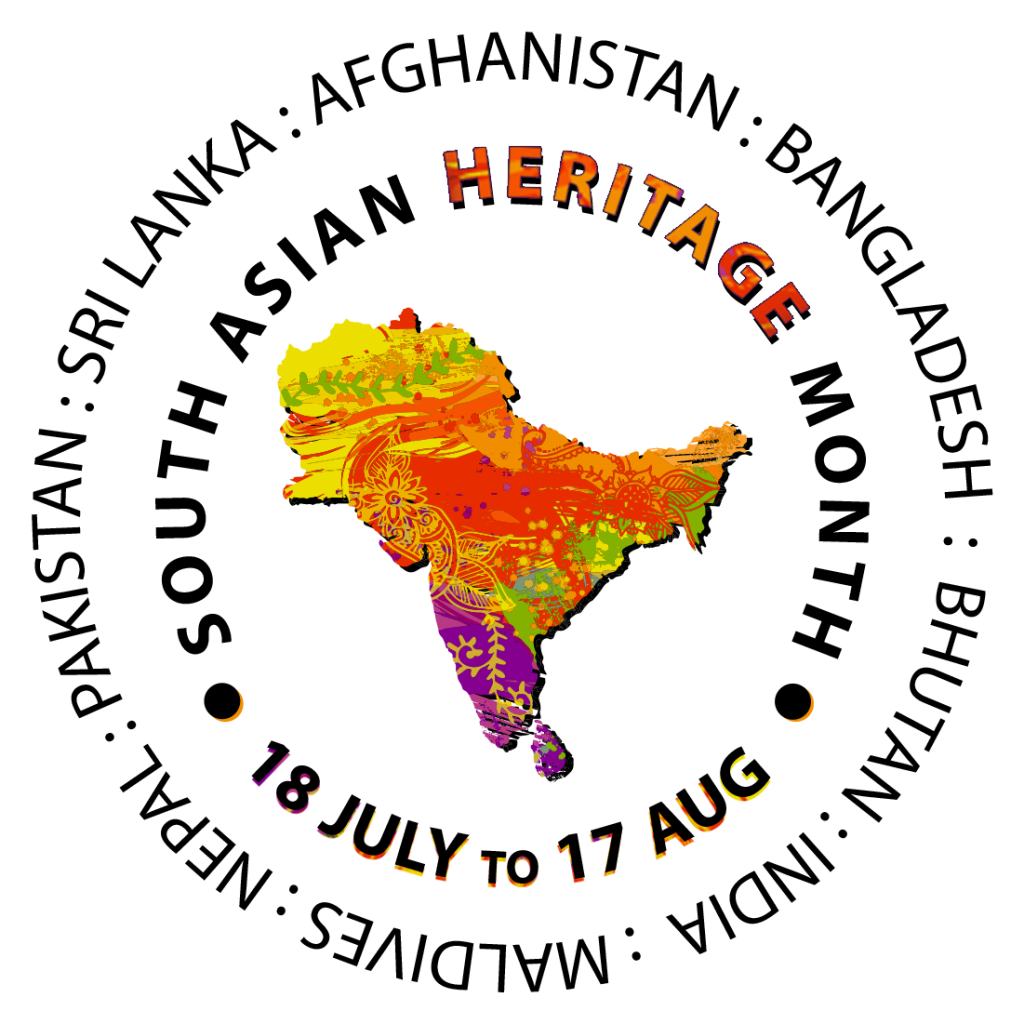Ripon Ray
I grew up in Tower Hamlets, an area of East London which was known to be one of the most neglected areas in the UK. I only mixed with the Bangladeshi community, both at home and my school, Stepney Green Secondary. I always felt like a Bangladeshi living in Britain, though East London was my entire world at the time. I eventually moved out of Tower Hamlets to the neighbouring borough of Hackney. Although it wasn’t far, it was a more mixed and diverse area of London.
For several years, I worked for a local advice charity and began to understand how economically impoverished and vulnerable many Bangladeshi and other minority communities were. As a debt adviser, it was important to me knowing I could solve individual problems by providing practical solutions to rebuild lives. I could see how severely deprived the area was, but I was helping people take control of their finances and even become debt-free.
But then the pandemic happened and everything changed. I was working from home and found myself stressed and anxious – like most of the UK’s population. I wanted to interview people in the community to find out how they were dealing with it all. Using Zoom (which I rarely used before), I heard their stories, challenges and experiences. Misinformation, as well as loss of lives and livelihood seemed to be a common theme.
As time went on, I learnt that many undocumented migrant communities were afraid of taking the COVID-19 vaccine. They were worried about being prosecuted, deported or having to pay for the vaccine as many of them had no recourse to public funds. I spoke with people to explain this wouldn’t happen and everyone is entitled to register with a local GP for free – regardless of their immigration status. In fact, you don’t even need to show your ID, an NHS number or proof of address. I soon realised that not everyone knew this, so I began an awareness campaign – ‘Register with your GP – To get the vaccine’. We translated information into 15 languages, using different national flag colours so they were easy to identify. Our work was also shared and used by a human rights organisation working on health projects called Doctors of the World.
As we had to keep our distance due to lockdowns and social distancing rules, information was shared through WhatsApp forums, Facebook community groups and other networks. I became a knowledge hub for many Bangladeshis and other minority communities. It was amazing to see how Bangladeshis went from being one of the most vulnerable of communities to having the highest vaccine uptake in London compared to any other ethnic group. Being part of such a campaign was so rewarding, especially as I had seen first-hand how so many people had been affected and many lives lost.
Although the pandemic is now history, the impact is still felt by us, including the rise in mental health issues and people living with long COVID. And also simple things like employees preferring to work from home or not going out as much as they did before. I am still in therapy myself. On top of that, I was also diagnosed with dyslexia and dysgraphia over the last few years. My neurodiversity brings its own challenges, but no doubt, it also brings a creative outlook to my life.
Following on from my experiences, I decided to write a book called ‘Covid Crisis: The Brit Bangla Response’ to share stories and highlight the challenges we faced during the global pandemic. It includes:
- the history of colonial Sylhet during the British Empire and the story of how Sylhetis made their home in the UK
- the creation of the Bangla Lockdown Report, through which I explored the economic situation of Bangladeshis living in the UK
- personal stories from the community, leading up to the pandemic and how they responded to it based on their situation.
I also make several recommendations for decision-makers in case we have future upheavals on a similar scale. My book is also part of a vibrant exhibition at the Rich Mix Centre, in collaboration with organisations from the East London area, running until 30th July. You can purchase my book and find out more about my work at www.britbanglacovid.com
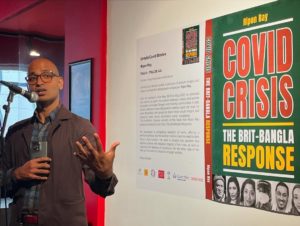
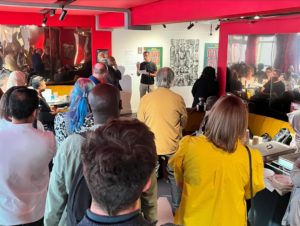
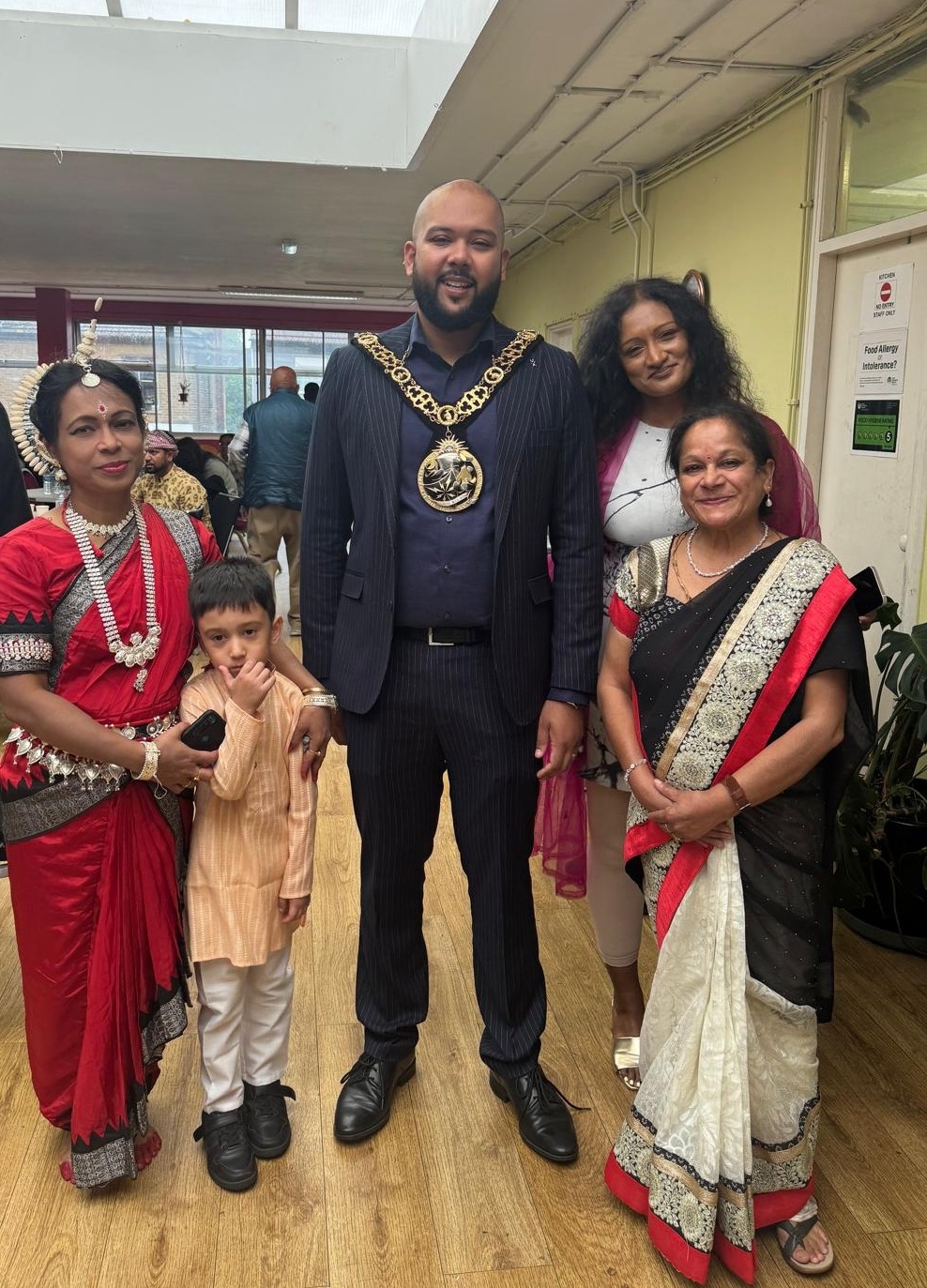
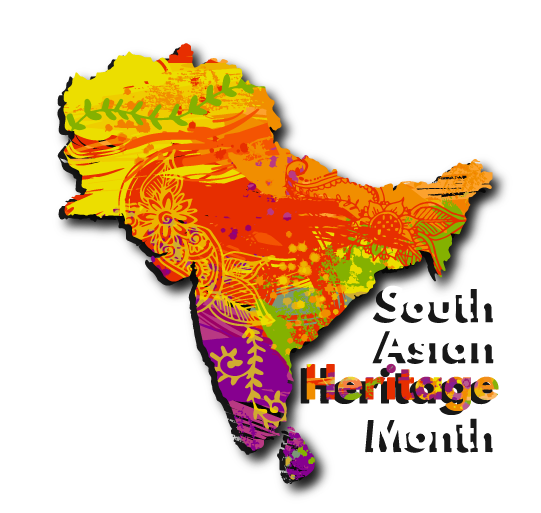 South Asian Heritage Month dates changed to "July" from 2026 — Learn more here →
South Asian Heritage Month dates changed to "July" from 2026 — Learn more here →

